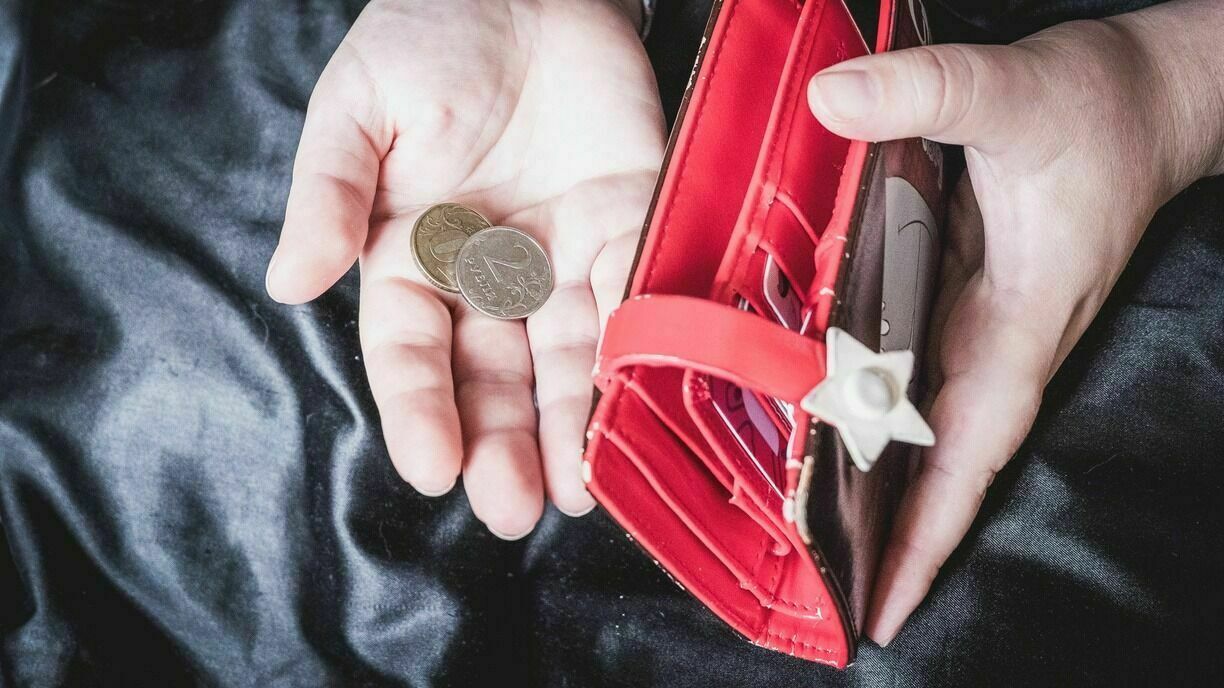Posted 30 декабря 2022, 08:04
Published 30 декабря 2022, 08:04
Modified 30 декабря 2022, 08:38
Updated 30 декабря 2022, 08:38

Consumers sharply cut spendings on clothes, furniture and appliances for the New Year
This is evidenced by the data of Sberindex and the Romir research center.
As Kommersant notes, in the last full week of December, nominal spending of Russians on goods and services increased by 4.1% in annual terms. This is the minimum since the beginning of October. A week or two earlier, the growth was up to 4.9%.
On the eve of the holidays, only the annual dynamics of spending on food improved (9.2% versus 7.3% in the second week of December), as well as on medicines (+0.1%). The demand for medicines has been steadily growing since the summer of this year.
As for spending on non-food products, they are falling more and more across the country. If in the first two weeks of December, citizens held up to 2.2% of spending for these purposes, now the drop has reached 3.4%.
In the context of a sharp rise in the price of goods and services and an increase in inflation in annual comparison, Russians' spending on furniture and clothing decreased by about a third (35.5% and 28.3%, respectively), on stationery — by 24%, on household appliances — by 22.2%.
"Citizens in the penultimate week of December spent 8-12% less in real terms than a year ago," the report says.
Taking into account the data on the level of inflation in the country, the average check decreased by more than 13% (minus 1.2% in nominal value).
Meanwhile, experts of the Tinkoff Checkout service predict that on December 30, the day of peak demand before the New Year, Russians' spending may fall by 24%. This is the minimum figure for the last five years.
Earlier it became known that Rosstat reported 12% annual inflation in the country. At the same time, prices for a number of goods and services increased by more than a third, and real incomes of the population decreased by 1.3%. Thus, the standard of living of the majority of Russian citizens has fallen significantly over the past year.